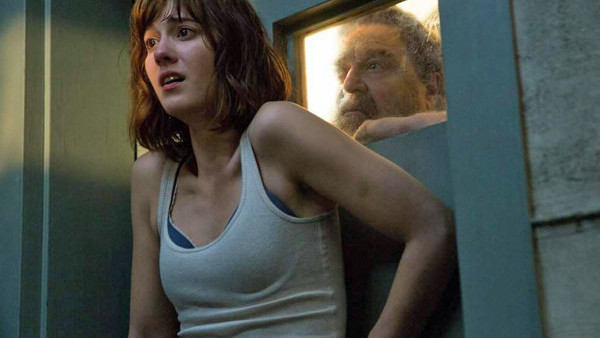
“The Lobster.” As did “Krisha,” Yorgos Lanthimos’ bizarre, beautifully sustained black comedy starring Colin Farrell and Rachel Weisz came through the 2015 Cannes Film Festival, and found a small but fascinated audience in the U.S. But there’s more than raw feeling at work here there’s real cinema, and Shults is a director with legs. Trey Edward Shults, writer, director and co-star, pulled bits of his own young life for a story of an unsteadily recovering alcoholic, played by Krisha Fairchild. “Krisha.” Another dinner-party movie, this one set at Thanksgiving among an extended family reunion. canyon ridge) and maximized it for unsettling atmosphere. “The Invitation.” Like “The Witch,” this low-budget thriller directed by Karyn Kusama kept its camera close to a clammy, claustrophobic social situation (in this case, a dinner party at a house on an L.A. “Love & Friendship.” Whit Stillman took early Jane Austen out for a date, and it worked out for both very nicely. “Sing Street.” John Carney’s fetching remembrance of being a put-upon teenage music geek in Catholic ‘80s Dublin gave coming-of-age movies a temporarily good name once again. My condolences to those who didn’t like it. The ending, particularly, led to Z-minus CinemaScore exit polls. “The Witch.” A transfixing fever dream asking the question: What’s a girl to do if she’s utterly at odds with every social, sexual and religious dictate in 1630 New England? Robert Eggers’ feature debut threw a lot of people with its stern fable of an outcast family coping, unsuccessfully, with a supernatural force. No visual groundbreaker, “Zootopia” settled for being well-plotted, humane (in its animalistic way) and, in the use of the sloth at the Department of Motor Vehicles, riotously deadly in its comic timing.
#2016 best hollywood movies so far movie
“Fear always works,” goes one line in “Zootopia.” The movie proves the opposite, but keeps one foot in the real world, always. They worked in story terms and emotional terms, and told its tale with buoyant invention, a tale of small-town daughter of a carrot farmer - a rabbit, female, patronized right and left but undeterred - who becomes Zootopia’s first rabbit cop and cracks an insidious political conspiracy with the aid of her fox pal. The script was laden with messages and liberal temperance lectures, but they worked. In an election cycle as divisive, fearmongering and hostile as the current one, “Zootopia’s” depiction of a multi-species society perpetually on the verge of giving in to its baser instincts rang a bell heard ‘round the world it made more than a billion dollars.


I finally caught up with Disney’s animated feature the other day. Speaking of brash, I’d say the same, this time as a high compliment, of “Zootopia,” which was and is truly, actually and completely a really good film.

Ryan Reynolds: finally, a movie star, I guess. I suppose the brash “Deadpool” was like that too. With some films, you’re just pleased and a little bit surprised to locate any semblance of personality and wit underneath the corporate studio directive. On the other hand, your honor, we did see franchise items that knew what they were doing, and did what they did with confidence and a little class: “Captain America: Civil War,” for example, or director Jon Favreau’s live-action/motion-capture hybrid “The Jungle Book,” a movie people loved largely because they didn’t hate it. When “Batman v Superman: Dawn of Justice” can sell $872 million in tickets worldwide and still be considered an economic disappointment, never mind a dispiriting pain, we have temporarily lost our way.


 0 kommentar(er)
0 kommentar(er)
